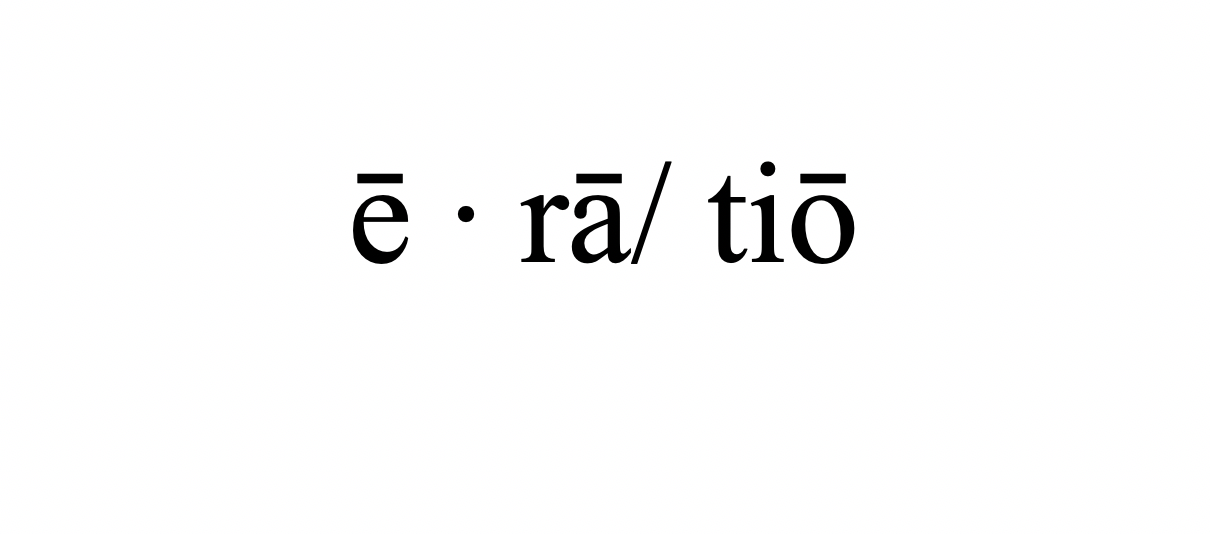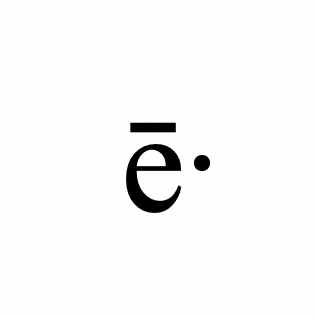
A Ship
Joel Chace
1.
Its language starts to
slide: whole tale
tips slightly; entire ship’s
deck slightly
slants; passengers become
lovers falling into each
other’s arms; their
sentences slip around,
under, into — enter.
2.
Steerage. Infant wrapped
in arms. Once abandoned
arms holding a child. Sick
little one cradled by hands
no longer left
behind. All that
remains is for this child to
anatomize, become
sparks rising out of
itself, out of the
hands, sight so beautiful,
disappearing into
darkness above those arms.
3.
The only one onboard
as it turned out. And after
it died — poor scrawny
baby — really everything got
better for everybody else.
After all, children, families do
just muck it up. Almost
impossible, with them around,
to select a new love.
4.
But there’s talk of
an emptiness. A
hole down through
the top of the
ship. More like
a Mohole. More a shaft
without an
elevator, or
walls, ceiling, floor.
The closer one comes,
the colder. Not the freeze
of ice, of space. More
a ghost-bone.
5.
Gods with dusty
feet. On board, three gods, dust
covering bare feet. Clothes loose
fitting, thin, faded,
stained. Their spoken
thoughts hardly
celestial. Look, how
dark the water. This
journey might end. If we
may be so bold. No
berths for them; none
offered. So they huddle
close to the emptiness.
6.
She strokes his cheek. Her
new lover, the warrior. On
deck, rain in his face, she
holds him. I had sung the war song, I
had smelt power smoke, my heart
was bad — I was like one who has
no mind. I rushed in and took
their flag; my pony fell dead. I cut
the thong that bound me. I was
mad, I got a fresh pony and
rushed back, shooting, cutting
and slashing.
In her berth, in
her bed, she caresses his wet,
bare shoulder.
I knew nothing
would hurt me for I had my white
weasel tail on. One of them
knew me. I laughed and yelled. I saw his
mouth move. He was afraid. When I got
near enough, I shot him dead. I got back
on my pony and rode off.
I was satisfied and sick
of fighting.
Her new
lover, the warrior, and she
journey across the dark water.
7.
Below deck, she enters with
her new warrior lover. The
other lovers, newly
paired, file into the ballroom,
where the gods — all three — are
putting on a show. Hardly
rehearsed. First god: history, dead
people, broken things. Looks
at piano. Second god: an
ascent, stone rung, mud rung, marble
rung, to somewhere darker
than even here. Third god:
marble rung, stone rung, mud rung, ascent
to a room with a story that
used to be called history. Three
gods, looking at
piano, together: regimes,
catastrophes, stories, words, and
we, dead except for
what we speak. The end.
8.
Another port. As usual,
only the gods go ashore. All
other passengers stand
at rails as lights in the
city begin to blink on, skyline
scattering, softening to
lilac. Those three immortals weave
along the main street, turn
to wave back at fellow
voyagers, and never
disappear from sight for long.
Darkness hovers. The three, laughing,
point out those most strangely garbed, new
wares on the curbs, arabesques of
lights. Quiet, at their railings,
new lovers look on in wonder.
9.
Standing on dark water, rambling
slats of fog float toward
one another until the ship
loses itself to itself. Voices
in air: exquisite, summarily,
release, invoke. The lovers, hair
wetted, lose themselves to themselves.
10.
At times, they remember their
uneasiness on the launch. They
leaned away from touching, looking
only straight ahead, out over
a jade sea and — coming closer and
larger — at that ship where each
chose, as lover, the other.
11.
They see nothing of the
captain. Occasionally,
an order comes down, surprising
and delightful. Today, you are
a nudist colony. You will
switch bed partners for tonight. They
see no crew, yet berths remain
spotless, sumptuous meals plated
and placed. They’ll guess aloud about
what guides them through fogs, through
nights. Even the three
divinities wonder. One says, Doubt,
too, can become a form.
12.
Bedmates coupling or
dreaming, hearing thunder
of horses overhead. Who
are those stretched low along
straining ponies’ necks? Those
who lightly hold soft,
leather reins? Below that tumult,
she strokes her partner’s thigh, cups
a breast of her warrior
lover. I saw my father
preparing to go to
the battle. I sang a death
song for my young brother, who had
been killed. I ran to a nearby
thicket and got my black horse. I
painted my face with crimson and
braided my black hair. I was
mourning. I was a
woman, but I was not
afraid. Who are those who look
intently out over the
onyx sea encircling
them as they
circle the ship’s deck?
13.
The celestials stumble
upon a room of maps and
charts. Curious, as ever, they
can’t help but enter. One
pulls a volume from its shelf,
holds it upright, opens it
randomly, and they watch
language slide down, off the
pages. A thin-lined grid, crazy
land shapes, pale green sea remain. But
words, letters fall like soot upon
and around six bare feet. Back
on deck, the three agree to
keep all this to themselves.
14.
They claim that whirling’s
their nature, that they’re
doing it right now, there in
the ship’s ballroom. Why
aren’t we seeing you spin? someone
says. You look with eyes only. You see
threadbare motley, and six
dusty, bare feet. You don’t
perceive our hunger. You
can’t discern our egos’
headstones and cerements — our
conic hats, our white robes with
skirts that lift as we turn, left
feet propelling us around
right; skirts risen, cusped
like waves, like those that even
now slice lightless water
beneath us, waves spinning foam off
themselves into the raven sea.
15.
Late, late, in
dream, a voice. O,
to be undone seeing
the moon’s beam run
its line along
blackness. O, to be
drawn beneath one
of those watery
furrows. To be borne
upon a wing plummeting
into a night that’s
the opposite of
night, where down is
the antipodean
of down, toward
an obsidian sun
that will confound and make
immune any tongue.
Joel Chace has published work in print and electronic magazines such as Tip of the Knife, E·ratio, Otoliths, Word For/Word, Golden Handcuffs Review and The Brooklyn Rail. Most recent collections include Humors, from Paloma Press, Threnodies, from Moria Books, and fata morgana, from Unlikely Books. Maths is forthcoming from Chax Press.
